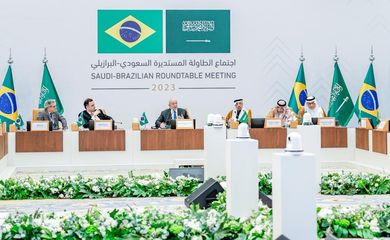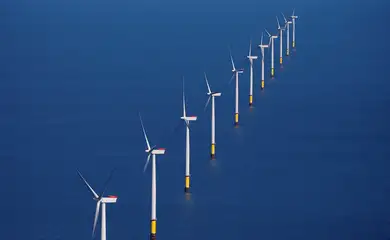Government to offer cooking gas to 20 mi families

The Brazilian government has announced it will supply gas cylinders to over 20 million families by December 2025. The move reinforces government initiatives that place a strategic role in the energy sector in the fulfillment of the state’s social duties, said President Luiz Inácio Lula da Silva, during the launch ceremony of the National Energy Transition Policy on Monday (Aug. 26).

“We [the government] are obliged to make social policy. If we make a policy on [cooking] gas, it’s because it’s now a basic food item for Brazilians, who often can’t afford to buy a canister, which leaves Petrobras at BRL 36 and is sold in some states at BRL 140.”
Brazil’s Minister of Mines and Energy Alexandre Silveira stressed that the National Energy Transition Policy builds a foundation for the present and guarantees the future, integrating government policies and initiatives.
“Our mission is to combat energy poverty. That why we expanded access to cooking gas today. The federal government will supply cooking gas cylinders to more than 20 million families by December 2025. [Gas for All] is the largest clean cooking access program in the world. We’re going to promote clean cooking and the replacement of firewood,” the minister declared.
The National Energy Transition Policy
The National Energy Transition Policy was described as a decisive step towards reducing greenhouse emissions and contributing to the sustainability of the planet.
The policy was approved today by the National Energy Policy Council. Following the move, the country is expected to receive around BRL 2 trillion in investments in green economy over 10 years, which could result in the creation of 3 million jobs.
“Wind, sun, and water energy, biomass, biodiesel, ethanol, green diesel, carbon capture and storage, sustainable aviation fuel, green hydrogen—these are the rebirth of Brazil’s industry on a sustainable basis. It’s adding value to Brazilian products produced with clean, renewable energy, and it’s an opportunity to boost the use of our local content,” the minister said in a statement.
The policy establishes the guidelines for Brazil’s energy transition strategy, reinforcing the government’s commitment not only to reducing greenhouse emissions, but also to generating jobs, “ensuring security of supply and combating social and regional inequalities.”






